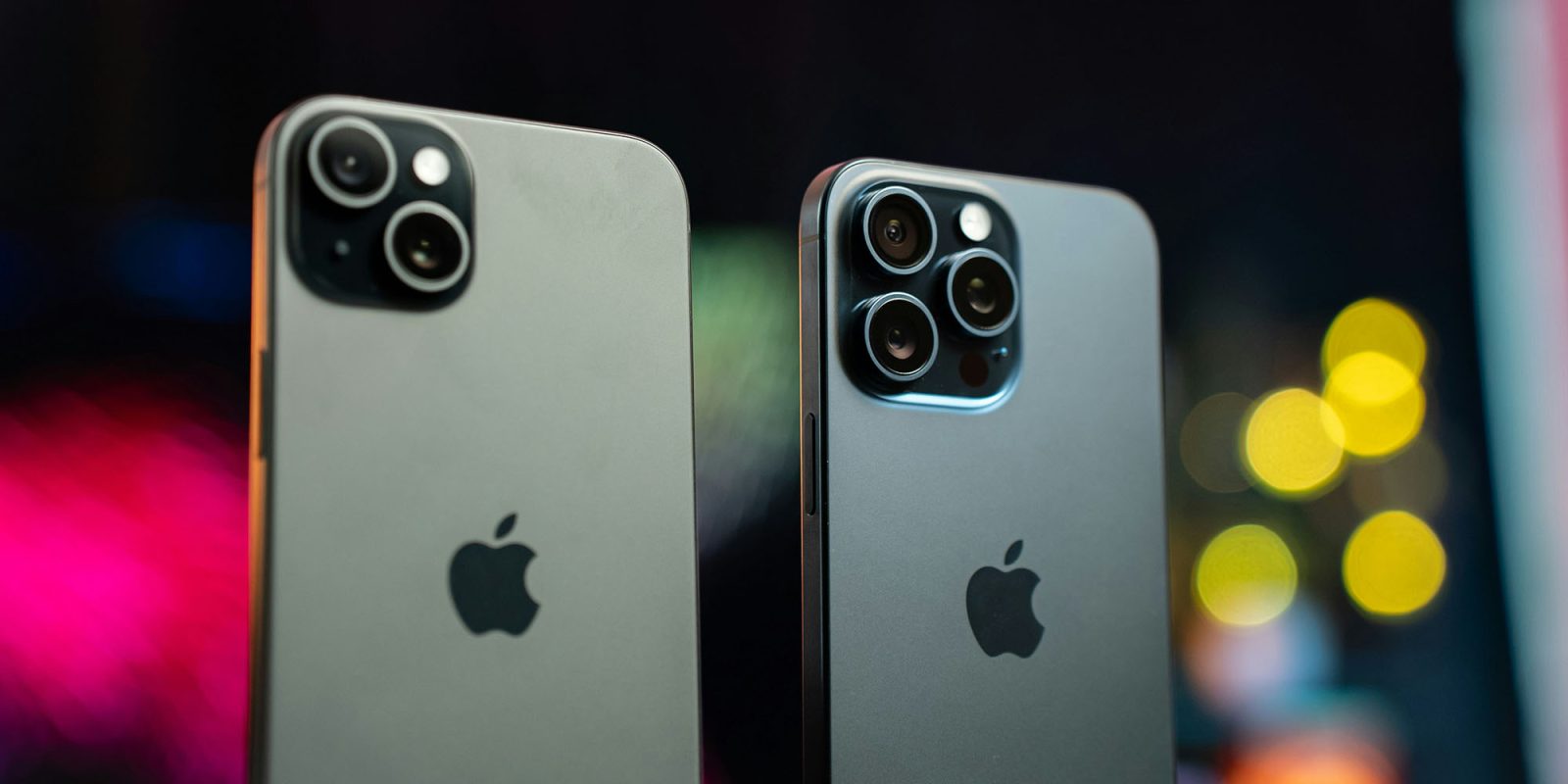
Being prompted to make an iPhone web browser choice in Europe has seen an uptick in the use of third-party apps, but not everyone is happy about it.
The EU itself is investigating whether Apple’s implementation of the antitrust requirement goes far enough, and developers of third-party browsers say the process gets one thing right, and two things wrong …
iPhone web browser choice
While iPhone owners have been theoretically able to choose their preferred web browser since iOS 14, it wasn’t much of a choice, for a couple of reasons.
First, most people didn’t even know they could choose an alternative browser. The default is Safari, and you’d have to proactively install a third-party one and then manually set it as your default.
Second, Apple insisted that all browsers had to use its own WebKit API. That ensured that competing browsers couldn’t do anything to impact security of privacy, but it also meant that they couldn’t offer faster speeds, or features not available in Safari.
The EU required Apple to drop the WebKit requirement, and also to proactively present users with a choice of browser when they first use their device. These changes were introduced in iOS 17.4, and only apply within EU countries.
Apple gets one thing right
Developers of third-party web browsers have seen an increase in usage following the implementation of the changes, and they say Apple did play fair in one important respect: browsers are listed in random order, and Safari doesn’t get any special position or prominence in the list.
But two things remain unfair, they say
Wired spoke to a number of developers of alternative iPhone web browsers, and found that they had two criticisms.
First, iPhone owners are not asked to make their choice during the initial iPhone setup process. Instead, they are only presented with the choice when they first open the Safari app. This means that Safari has already presented itself as the default.
“It starts from you clicking Safari,” says Jon von Tetzchner, CEO and cofounder of Vivaldi. “Which, I think all of us agree, that’s the wrong spot.” Tetzchner said he prefers Google’s implementation of its new browser choice screen that guides Android users to select a default while setting up their phone.
Second, users are given zero information about each browser – just a list of names, many of which will be unfamiliar to non-techy users. That reinforces the idea that they should select Safari unless they already know a reason to make a different choice.
“Giving people information about the choice, and also information about what they’re choosing is really, really important,” says Kush Amlani, a global competition and regulatory counsel at Mozilla, which makes the Firefox browser.
A fairer option would be to give each developer a few words to pitch their browser. DuckDuckGo, for example, might have something like “Uses our privacy-first search engine, which doesn’t track you or filter your results.”
We’ll need to wait for the EU’s conclusion to determine what changes might be needed to comply with the law.
FTC: We use income earning auto affiliate links. More.






Comments